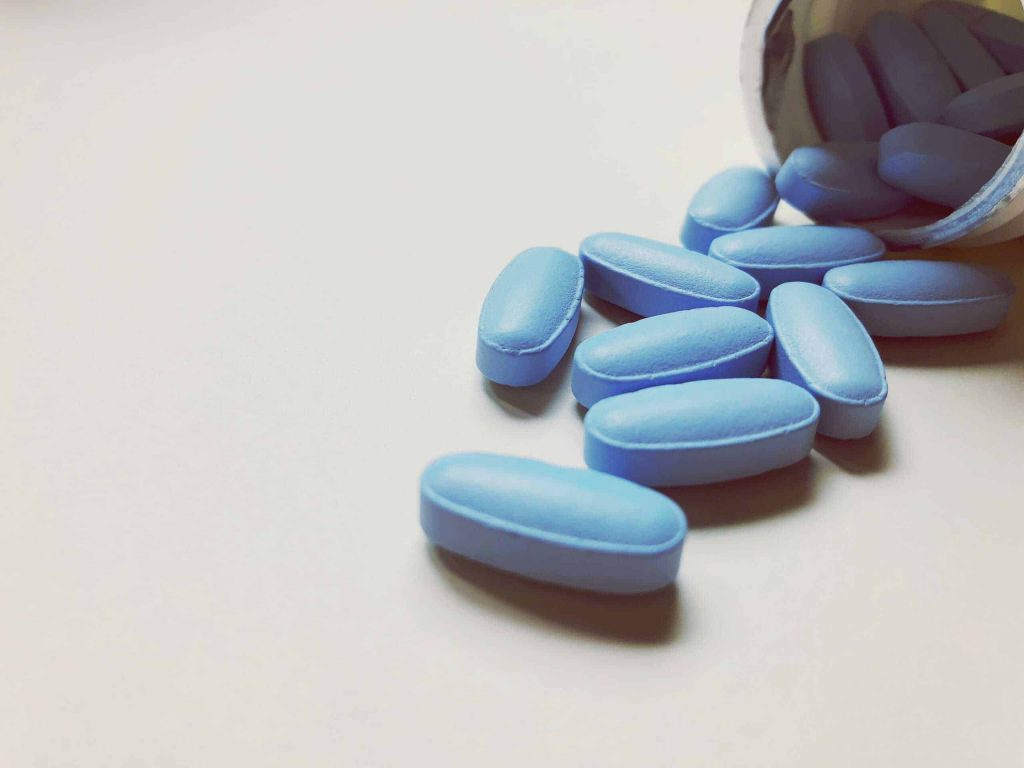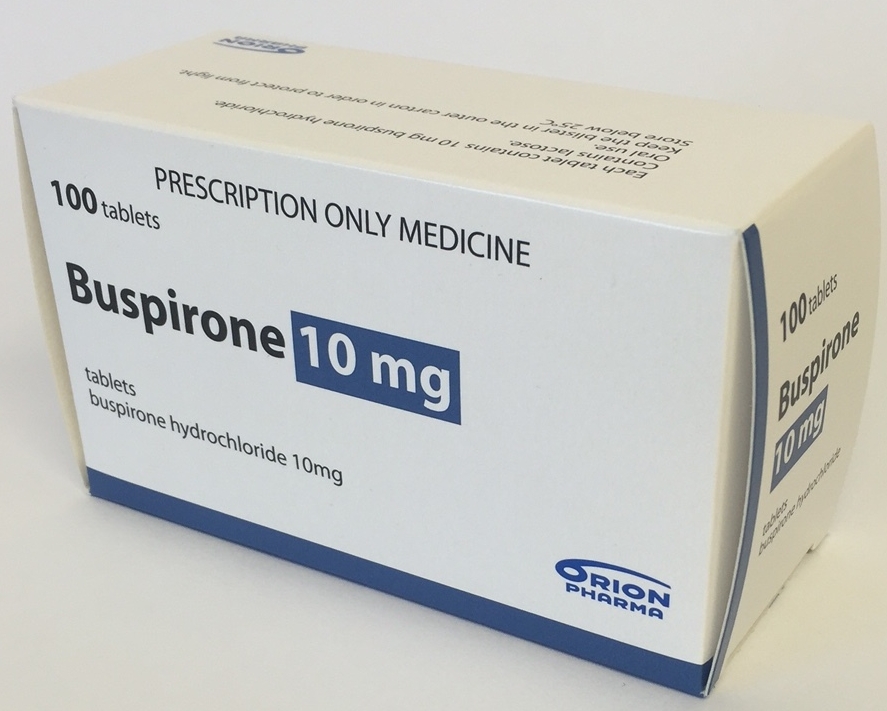If you or someone you know has been taking Buspirone and you’re concerned about its potential addictive nature, this is for you. In this guide, we’ll tell you what signs you need to watch out for that tell you Buspirone rehab is in order.
What is Buspirone used for?
This drug, often known by its brand name Buspar, is a medication commonly prescribed to treat anxiety disorders. It belongs to a class of drugs called anxiolytics, which are designed to reduce feelings of anxiety and promote a sense of calm. Unlike some other anti-anxiety medications, such as benzodiazepines, this drug is not classified as a controlled substance and is generally considered to have a lower risk of addiction.
Doctors often prescribe Buspirone if you experience generalized anxiety disorder (GAD). GAD is characterized by excessive worry and fear that may interfere with daily life. It can also be prescribed if you have symptoms of panic disorder, social anxiety disorder, and obsessive-compulsive disorder (OCD).
The drug works by altering the concentrations of serotonin and dopamine in your brain. The overall effect is restoring your mood and reducing anxiety symptoms over time.

What are the signs indicating a need for Buspirone rehab?
- Dependency and Tolerance
Buspirone is considered to have a lower risk of addiction compared to other anti-anxiety medications. Despite this, it is still possible to become dependent on the drug.
If you find yourself needing higher doses of the drug to achieve the same level of anxiety relief, it could be a sign that you’ve developed a tolerance. Tolerance is a common indicator that it’s time to reassess your medication use and seek professional help.
- Obsessive Thoughts about Medication
If you find that you constantly think about taking the drug, worry excessively about running out of your medication, or feel anxious when you’re unable to take it, it may be a sign of an unhealthy obsession with the drug.
Preoccupation with the drug could indicate a psychological dependence that requires further interventions.
- Increased Isolation and Neglected Responsibilities
When addiction or dependency takes hold, it can lead to changes in behavior and social interactions. If you notice that you’re isolating yourself from loved ones, neglecting important responsibilities at work or home, or experiencing strained relationships due to your drug use, it’s crucial to seek help.
Addiction can impact every aspect of your life. Addressing the issue promptly is vital for your well-being.
- Withdrawal Symptoms
If you try to stop taking the drug abruptly or miss a dose, you may experience withdrawal symptoms. These can include heightened anxiety, irritability, sleep disturbances, and physical discomfort.
Experiencing withdrawal symptoms when attempting to quit indicates that your body has become physically dependent on the medication.
- Seeking Multiple Sources for Medication
Another warning sign is “doctor shopping” or attempting to obtain the drug from multiple healthcare providers. If you find yourself seeking prescriptions from different doctors, pharmacies, or engaging in other deceptive practices to acquire more of the drug, it’s another sign to seek professional help.
What will happen during Buspirone rehab?
During rehab, you will embark on a journey of recovery. The aim is to overcome your dependence on the drug and regain control of your life.

Here are the different steps of rehab:
- Assessment and Evaluation: The rehab process usually begins with a comprehensive assessment and evaluation conducted by healthcare professionals. This involves discussing your medical history, mental health status, patterns of Buspirone use, and any co-occurring conditions. The assessment helps create a personalized treatment plan tailored to your specific needs.
- Detoxification: If you have developed a physical dependence on the drug, a supervised detoxification process may be necessary. Under medical supervision, you will gradually reduce your dosage or switch to alternative medications to minimize withdrawal symptoms. Medical professionals will closely monitor your progress and provide support throughout this phase.
- Therapy and Counseling: Therapy forms a crucial part of rehab. Individual counseling sessions with addiction specialists or therapists allow you to explore the underlying causes of your drug use and develop healthy coping mechanisms. Group therapy provides a supportive environment where you can share experiences, learn from others, and build a strong network of peers in recovery.
- Dual Diagnosis Treatment: If you have a co-occurring mental health disorder alongside your addiction, integrated treatment for both conditions will be provided. This dual diagnosis approach ensures that all aspects of your well-being are addressed. This allows for the best healing outcomes.
- Behavioral Interventions: Various evidence-based behavioral interventions are employed during rehab. Cognitive-behavioral therapy (CBT) helps identify and change negative thought patterns and behaviors associated with addiction. Motivational interviewing enhances intrinsic motivation for change, while dialectical behavior therapy (DBT) focuses on emotional regulation and interpersonal skills.
- Relapse Prevention Strategies: Learning to prevent relapse is a vital skill. Rehab programs equip you with effective strategies to cope with triggers, manage stress, and develop healthy routines. This may include developing a relapse prevention plan, attending support groups, and participating in aftercare programs to maintain long-term recovery.
- Holistic Approach: Many rehab facilities adopt a holistic approach, recognizing the importance of addressing physical, mental, and emotional well-being. This may include incorporating activities such as yoga, meditation, exercise, art therapy, and nutritional counseling to promote overall wellness.
- Support and Aftercare: Recovery is a lifelong journey, and support doesn’t end with completing a rehab program. Aftercare services play a crucial role in providing ongoing support. These may include continued therapy, support groups, and access to community resources. Regular check-ins and follow-ups help you stay on track and address any challenges that may arise.
Conclusion
While Buspirone is generally considered to have a lower risk of addiction, it’s essential to be mindful of the signs that may indicate a need for rehab.
If you’re experiencing increased tolerance, obsessive thoughts about the medication, neglecting responsibilities, withdrawal symptoms, or seeking multiple sources for Buspirone, it’s time to reach out for help.
